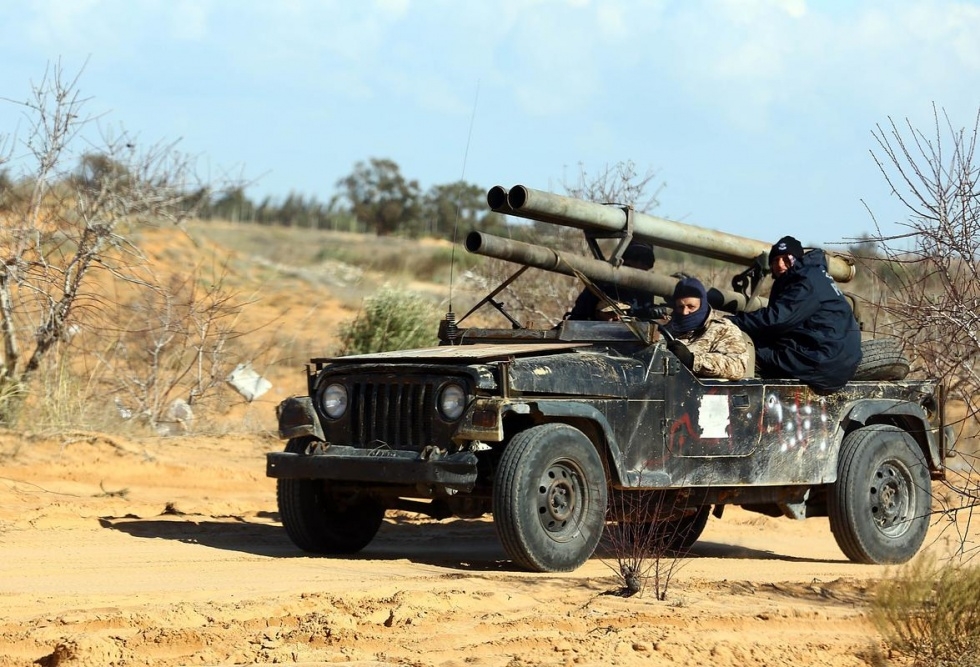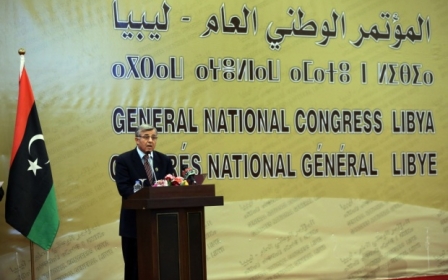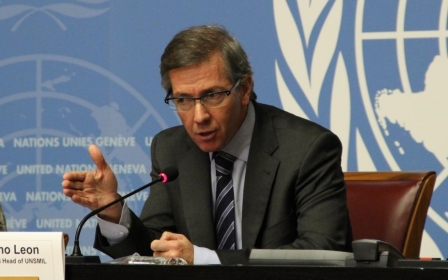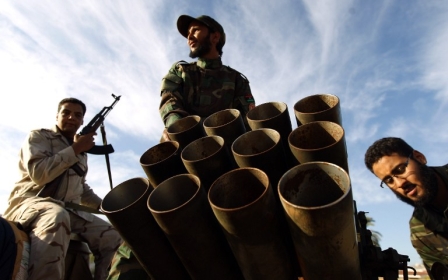Libya’s OPEC representative reported missing

A Libyan senior oil official who represents his country in the OPEC cartel, has been reported missing with concerns high that he has been abducted by militias in the capital, his office said on Tuesday.
Samir Salim Kamal, an engineer with the National Oil Company who is also Libya's governor for OPEC, has not been seen since Thursday when he left the company's offices.
"His friends last saw him on Thursday afternoon as he left the NOC headquarters" in central Tripoli, an official at the company, who did not want to be named, told AFP.
Nobody has claimed responsibility for his apparent abduction and the family of the engineer has received no news about him since his disappearance, the official said.
Libya is one of 12 members of the Organization of the Petroleum Exporting Countries (OPEC), whose current secretary general Abdullah El-Badri is Libyan.
Kidnappings are common in Libya, which has been sliding deeper into chaos since the 2011 overthrow of longtime leader Muammar Gaddafi, with rival governments and powerful militias battling for territory.
The internationally recognised government and elected parliament decamped last year to the country's east after militias known as Libya Dawn seized Tripoli and set up a rival government.
Oil is Libya's main natural resource, with a pre-revolt output capacity of about 1.6 million barrels per day, accounting for more than 95 percent of exports and 75 percent of the budget.
But production has fallen to about 350,000 due to the fragile security situation.
While a UN-backed ceasefire was agreed last week between the main factions, a plethora of smaller groups – from people and drug smugglers to militants who do not recognise either Libyan parliament – still operate often with immunity throughout much of the war-torn country.
Middle East Eye propose une couverture et une analyse indépendantes et incomparables du Moyen-Orient, de l’Afrique du Nord et d’autres régions du monde. Pour en savoir plus sur la reprise de ce contenu et les frais qui s’appliquent, veuillez remplir ce formulaire [en anglais]. Pour en savoir plus sur MEE, cliquez ici [en anglais].




